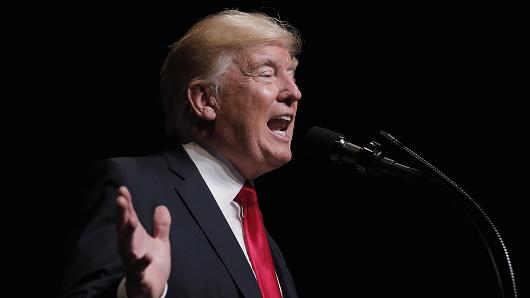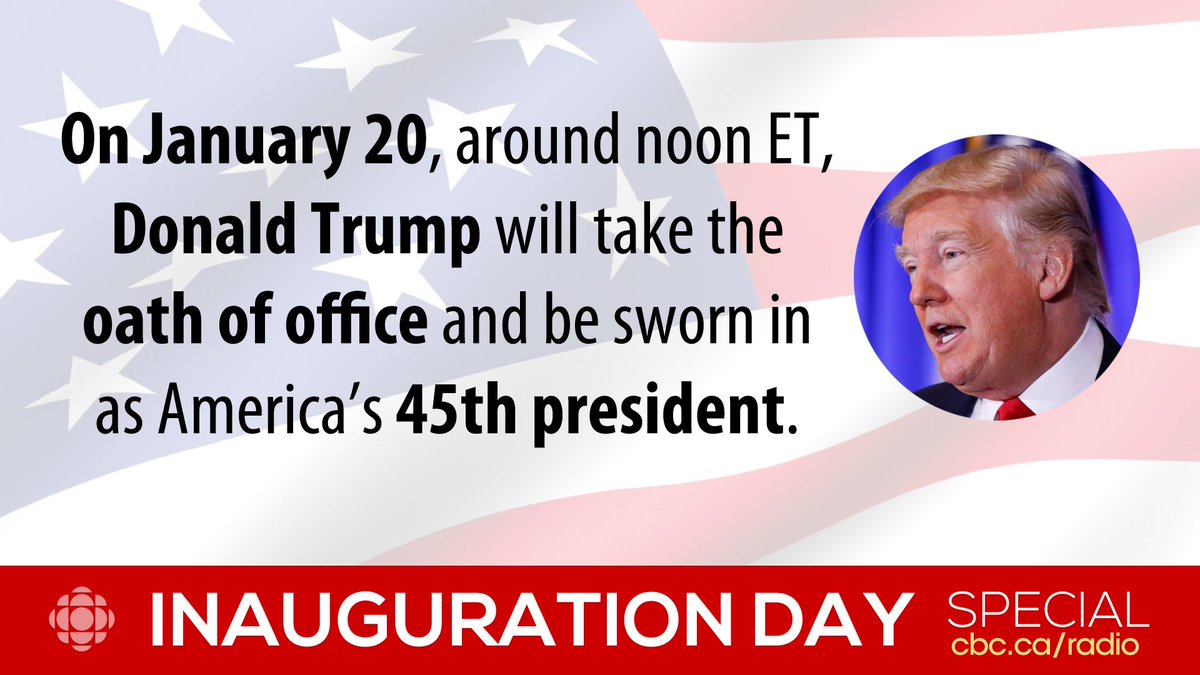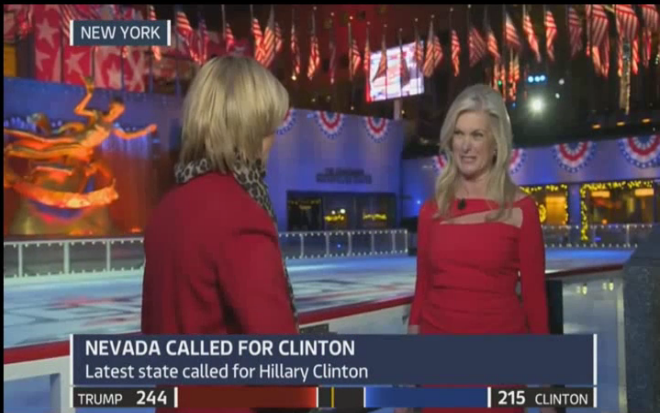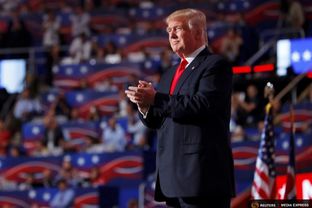Senate leaders are struggling to build conservative support for their emerging bill, with GOP aides and senators voicing growing skepticism that hard-right Sens. Rand Paul (R-Ky.) and Mike Lee (R-Utah) can be persuaded to back it. Conservative organizations, meanwhile, are complaining that Majority Leader Mitch McConnell (R-Ky.) is offering proposals that would not sufficiently dismantle the law known as Obamacare.
But Cruz, after building a national brand stoking tensions with McConnell and his top deputies, is, in his own words, trying to “get to yes.” The former presidential hopeful has spoken positively about the negotiations, which he helped kick-start. His investment in the talks has generated cautious optimism among many Republicans that he won’t walk away from a delicate effort from which McConnell, with a 52-seat majority and Vice President Pence as a potential tiebreaking vote, can afford only two defections.
Cruz’s current role is one few would have predicted a couple of years ago for a man who once called McConnell a liar on the Senate floor and who, from his earliest days in the Senate, set aside the chamber’s customary politeness and built a foundation for his 2016 presidential bid centered on fighting the political establishment.
But the senator’s colleagues need him as much as he needs them, so it’s a role many are embracing — at least for the moment.
 Sen. Ted Cruz’s current role is one few would have predicted a just a couple of years ago. (Carolyn Kaster/AP)
Sen. Ted Cruz’s current role is one few would have predicted a just a couple of years ago. (Carolyn Kaster/AP)“I’ve seen him come along and be pretty constructive,” said Sen. Orrin G. Hatch (R-Utah), who has been a Cruz critic.
Indeed, Cruz sounds much more diplomatic these days. He said Monday that “a lot of work remains,” but the talks in a working group that he started earlier this year with Sen. Lamar Alexander (R-Tenn.) have been “productive.”
“I’ve said from Day One that I want to get to yes,” Cruz said. “The consequences would be terrible to fail.” Yet Cruz also promised not to pass a watered-down bill: “Even worse than not passing a bill is passing a bill that makes the problems worse.”
Some Cruz associates said that opposing a repeal bill would be very difficult for him to defend with his political base as he gears up for reelection in 2018, and that he has come under pressure from donors to collaborate more with his GOP colleagues. At the same time, some conservative activists are hoping that Cruz can help move the bill to the right.
For Cruz, the looming dilemma is the same one confronting many conservatives who, like him, rose to prominence during Barack Obama’s presidency in part on the promise of ripping up the president’s Affordable Care Act: Is it better to accept a final bill that falls short of the repeal they have long championed or walk away from it?
“There’s great pressure to get something done, but I think there’s an equal and opposite pressure that it be something that actually fulfills campaign promises,” House Freedom Caucus chairman and Cruz confidant Mark Meadows (R-N.C.) said in an interview. “Just to check the box for political reasons, I don’t think Senator Cruz would ultimately support that.”
The dueling forces came into sharper focus Tuesday afternoon, when Cruz and other GOP senators participated in a health-care meeting with President Trump at the White House. At the Capitol, McConnell was expected to deliver more clarity and options to Republican senators on the bill that is taking shape. Leaders are racing to try to hold a vote as soon as this month, with some eying next month as a more realistic goal. Meanwhile, the contours of the Senate bill slowly are emerging. Last week, McConnell proposed a more gradual rollback of the expansion of Medicaid than a bill that passed the House, as many GOP senators have advocated. He also proposed maintaining some protections under Obamacare for people with preexisting conditions, another departure from the House bill. That last possibility, however, worried some conservative groups.
“The picture that was painted publicly is one of discussions that are moving further to the left,” said Dan Holler, vice president of communications and government affairs at Heritage Action for America.
The mood of the negotiations is not very upbeat, said Republicans familiar with the talks. McConnell has presented ideas in closed sessions and has closely guarded the Senate’s plans in the hope that they will not leak to critics or the media. Hatch struggled to project confidence about the process this week as he betrayed concerns. “There’s a difference between optimism about passage and optimism about getting it all put together the right way,” Hatch said, noting that senators have “a lot to work through.”
Paul has said he hopes he can make the bill “more acceptable,” even as others have predicted he will vote no. But he has also suggested a fallback plan of voting strictly on repeal. Lee has not said publicly what he will do, though there is not a high level of confidence among Capitol Hill Republicans that he will ultimately vote yes.
David McIntosh, president of the conservative group Club For Growth, recalled a conversation with Cruz last week in which he said the Texan’s message was “we’re making progress; hang tight” and “you’ll be happy” with the final product.
Those close to Cruz say his willingness to negotiate with GOP leaders is born in part out of political necessity. Mica Mosbacher, a fundraiser for Cruz’s presidential campaign, said Cruz was at risk of losing support from benefactors who worried about his combative posture.
“Donors want team players who unite, not fracture our party,” Mosbacher said.
Cruz, unlike Paul and Lee, faces reelection in 2018 and is potentially vulnerable to attacks that he has spent his first term fighting with colleagues and running for president rather than delivering for his state. Cruz has been a louder Obamacare critic than most Republicans, embracing a fight against the law that led to the 2013 government shutdown.
For those reasons, his allies see few benefits to opposing the Senate repeal bill even if it’s less than ideal. Voting no would be complicated to convey to the conservative base he needs to turn for him, some say.
“You have to be able to explain in a tweet,” said a Cruz associate who spoke on the condition of anonymity to describe strategy.
One Cruz adviser likened his approach to a baseball umpire with “a big-strike-zone mentality right now,” meaning he is giving his GOP colleagues and their ideas the benefit of the doubt in the ongoing talks.
In an interview this week, Cruz said he was “not remotely” compelled to vote for just any GOP health-care bill to protect his image.
“We’ve got to solve the underlying problem,” Cruz said. “In my view we must, number one, honor our commitment to repeal Obamacare and, number two, implement reforms that lower premiums.”
One potential stumbling block for Cruz and other conservatives is the increasing possibility that GOP leaders will not repeal all of the Obamacare taxes. Rank-and-file members have discussed keeping or delaying some of the taxes to help pay for such costly programs as banning insurers from charging more for patients with preexisting conditions and extending federal payments to states that accepted Medicaid expansion under the ACA, according to several GOP aides familiar with the talks.

 President Donald Trump
President Donald Trump




